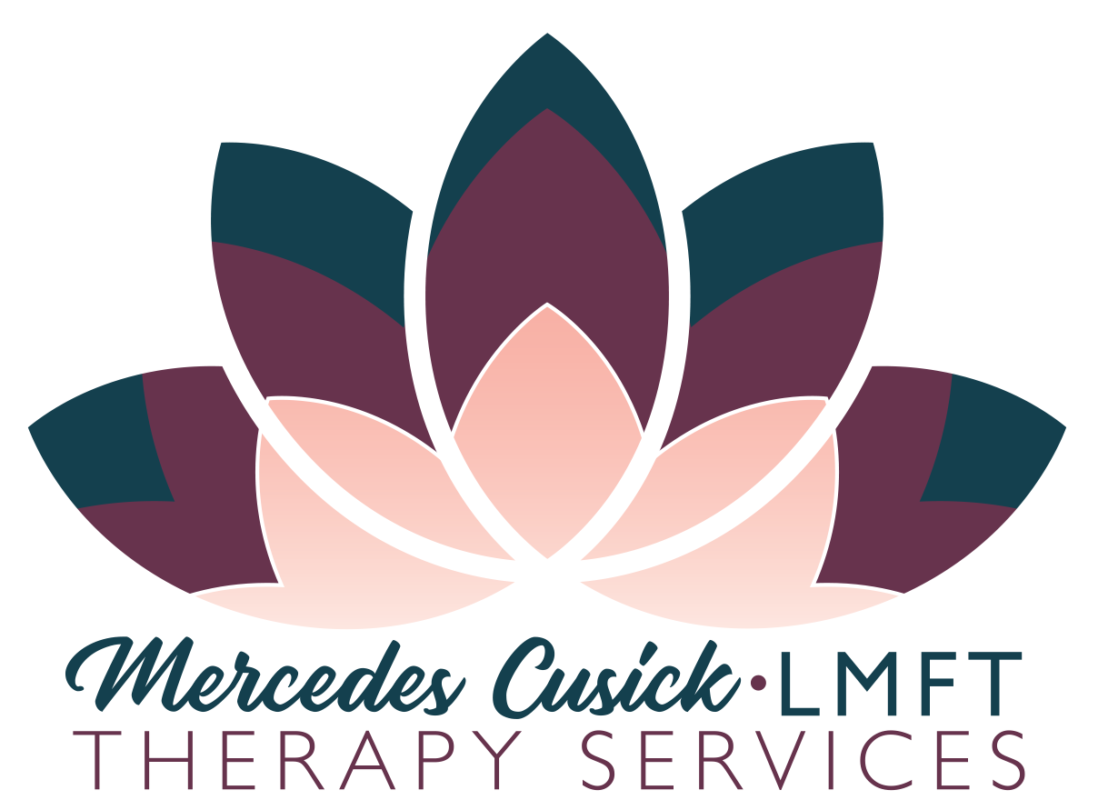Embarking on a journey toward healing from Complex Post-Traumatic Stress Disorder (CPTSD) can often feel like navigating through a maze with no clear end in sight. Enter EMDR therapy, a beacon of hope that illuminates the path to recovery, offering profound transformation and healing. This innovative approach has transformed countless lives, turning survivors into thrivers. Dive deeper into how EMDR therapy works, its benefits, and why it may be the crucial key you’ve been searching for in your recovery from CPTSD.
Exploring EMDR Therapy for CPTSD
EMDR, or Eye Movement Desensitization and Reprocessing, is a therapeutic approach that has gained acclaim for its effectiveness in treating trauma, particularly Complex Post-Traumatic Stress Disorder (CPTSD). Unlike traditional talk therapies, EMDR focuses on the neurological aspects of traumatic memories, aiming to desensitize individuals to these distressing memories through a structured eight-phase treatment process.
The principle underlying EMDR therapy is rooted in its unique ability to help the brain process and integrate traumatic events, much like it does naturally during REM sleep. Through bilateral stimulation, usually in the form of eye movements, therapists guide individuals in revisiting traumatic memories in a safe space, thereby reducing their hold over the individual’s emotional well-being.
The Process of EMDR in Healing Complex PTSD
The journey through EMDR therapy unfolds over several stages, beginning with history taking, where the therapist identifies the memories contributing to CPTSD. This is followed by preparation, where the therapist ensures the individual has several stress-reduction techniques at their disposal.
During the assessment phase, specific traumatic memories are targeted, and the individual identifies the negative belief associated with the memory, as well as a positive belief they’d like to hold instead. The desensitization process then involves the therapist leading the individual through sets of bilateral stimulation, which can include eye movements, taps, or tones.
Following desensitization, the therapist helps the individual install the positive belief identified earlier, reinforcing a sense of empowerment and healing. The session concludes with a body scan to ensure that the memory no longer causes distress, and if it does, further processing is done.
Benefits of EMDR Therapy for CPTSD Recovery
One of the most compelling benefits of EMDR therapy for CPTSD recovery is its capacity to provide significant relief in a relatively short amount of time compared to traditional therapy methods. Many individuals report a decrease in symptoms and an increase in psychological resilience.
EMDR therapy also addresses a range of traumatic experiences, from specific incidents to ongoing abuse, making it a flexible tool in the treatment of CPTSD. It empowers individuals by shifting how traumatic memories are stored in the brain, thereby diminishing their impact.
Also, EMDR therapy fosters an improved sense of safety, self-esteem, and control over one’s life. This can lead to profound changes in personal relationships, work, and overall quality of life, as individuals are no longer defined or limited by their traumatic pasts.
In the realm of mental health and recovery, EMDR therapy stands out as a pivotal force in the healing journey of those battling CPTSD. By reprocessing traumatic memories in a safe and controlled environment, individuals can find relief and a renewed sense of peace. This therapy for CPTSD not only alleviates the symptoms but also empowers individuals to reclaim their lives, proving that healing is possible and that there is hope beyond trauma.
About the Author:
I am Mercedes Cusick, LMFT, a certified EMDR trauma therapist specializing in EMDR intensives. I am dedicated to addressing trauma-related challenges and improving mental health outcomes. My commitment to trauma therapy is driven by its significant therapeutic effects, particularly for individuals grappling with complex trauma, PTSD, toxic relationships, and narcissistic abuse.
Serving a diverse community with dedication and empathy, I am proud to support individuals in the Los Angeles area, specifically in Woodland Hills, Calabasas, Agoura, Hidden Hills, West Hills, Northridge, Winnetka, Tarzana, Studio City, Sherman Oaks, Malibu, and Beverly Hills. Together, we can journey toward healing and resilience.


